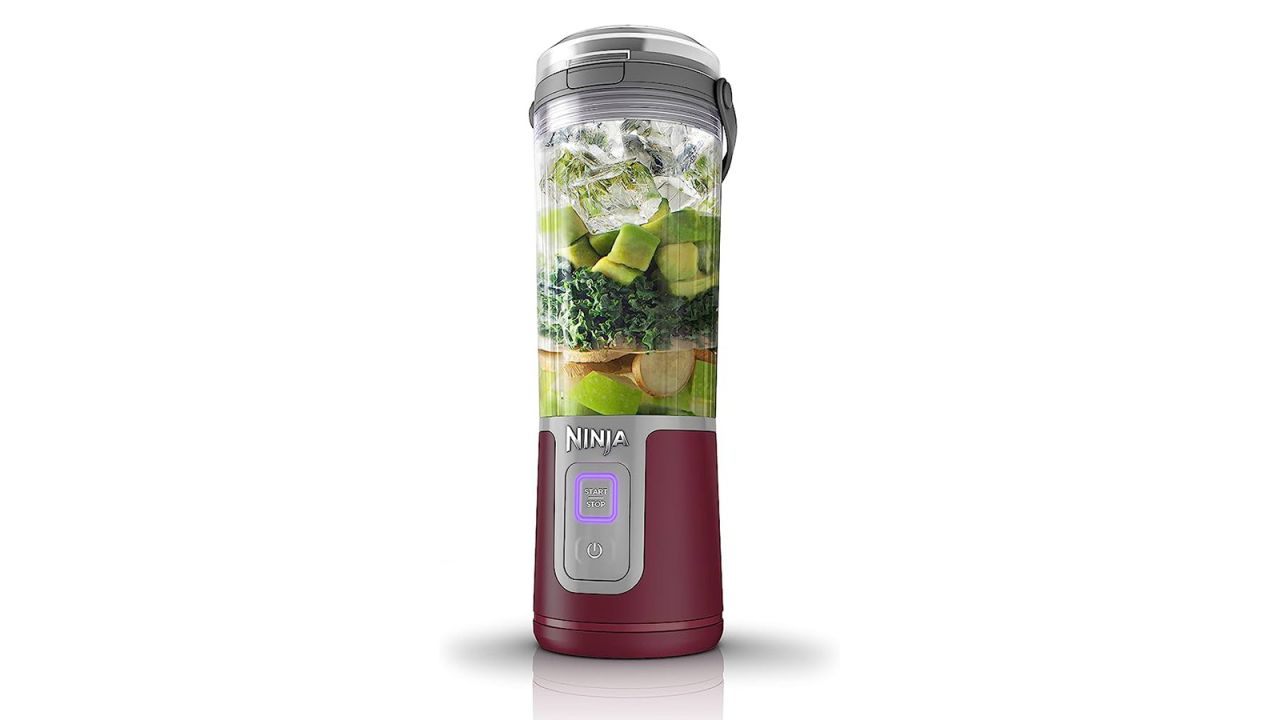Investing in solar for your home can save you hundreds in utility costs yearly, but only if you choose the right solar installer. Horror stories abound of homeowners paying thousands for a solar system that doesn’t work or from companies that end up going out of business, leaving them with useless warranties.
That’s why choosing a solar installer with a proven track record and quality equipment is crucial. To select 2024’s seven best solar companies, we reviewed everything from equipment offerings to warranties to availability.
Our picks
Sunnova: Best for national availability
Blue Raven Solar: Best for customer support
Green Home Systems: Best equipment variety
Tesla: Best for innovation
Momentum Solar: Best for payment options
NRG Clean Power: Best for solar panel brands
Sunnova: Best for national availability
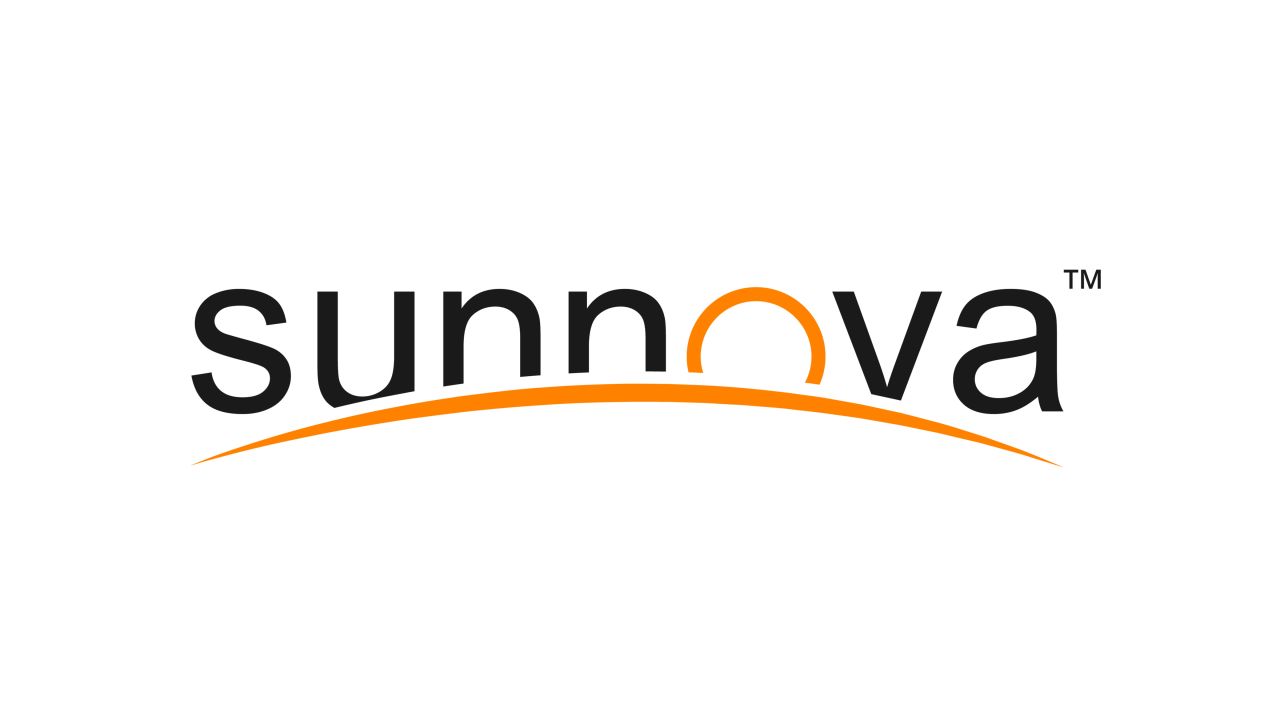
Star rating: 4.7 out of 5
Equipment offered: 3 panels, 5 batteries
State availability: 43 states (including Washington, D.C.)
Warranty: 25 years solar for panels, 10 years for workmanship
Why we picked Sunnova?
Sunnova offers numerous payment options and covers 42 states and Washington, D.C., making it one of the country’s most widely available solar installers. The company also provides a broad range of payment options, including cash, leases, financing and power purchase agreements (PPAs).
It’s worth noting that Sunnova has lost its accreditation with the Better Business Bureau. These issues stem from a pattern of complaints regarding delays in repairing malfunctioning panels, failure to transfer lease agreements from sellers to new homeowners and deceptive sales practices. The company responded that it is taking “tangible steps … to address the concerns that have been raised … [and] currently in the process of conducting a comprehensive review of the entire customer journey.”
Who should use Sunnova
One of the biggest hurdles when adding solar to your home is financing. Sunnova helps make that process more accessible with many payment options, including PPAs for those who can’t pay full cash to go solar. The company also offers many service options to help homeowners, including roof repair, and it helps with inspections and permits.
Pros
- Numerous payment options
- Broad range of services
- Available through much of the United States
Cons
- Better Business Bureau (BBB) complaints
- Contracts out installations
Blue Raven: Best for customer support
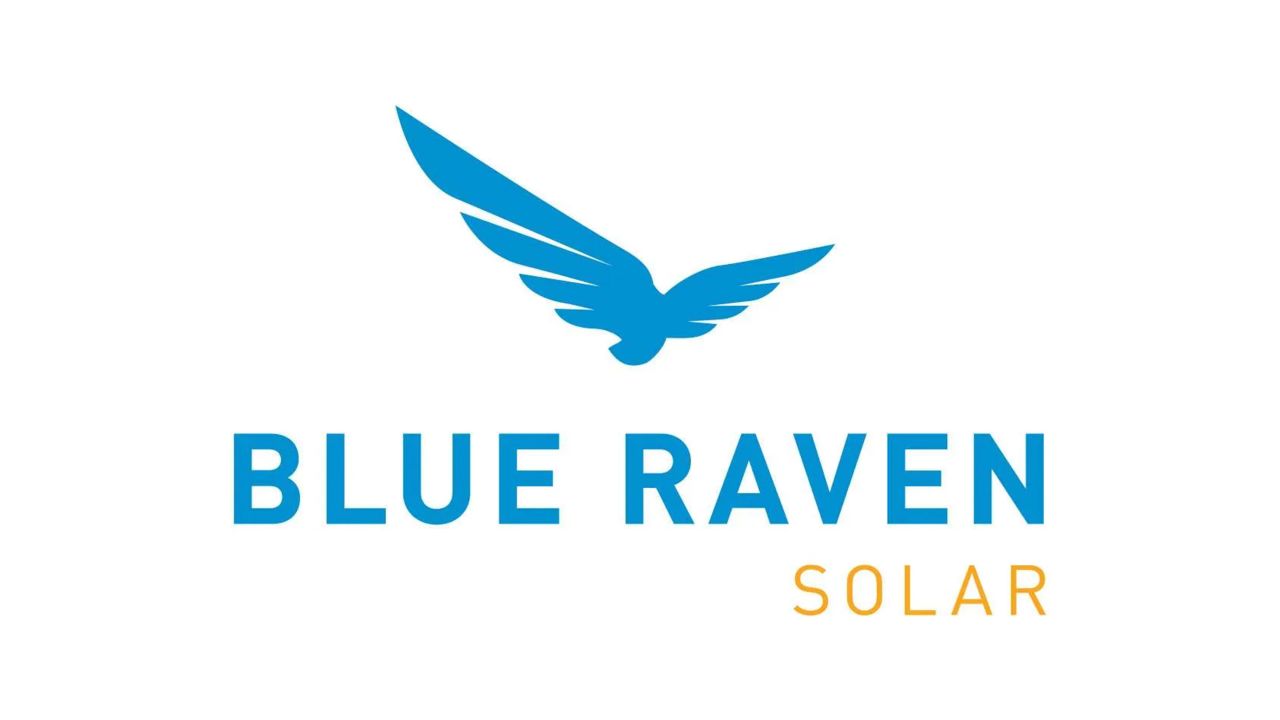
Star rating: 4.1 out of 5
Equipment offered: 3 panels, 4 batteries, microinverter
State availability: 18 states (including Washington, D.C.)
Warranty: 25 years for solar panels, 10 years for workmanship
Why we picked Blue Raven
Blue Raven has an excellent reputation due to its high customer satisfaction ratings on TrustPilot and its use of in-house installation labor. The company also offers an excellent range of equipment. While the company doesn’t make its own equipment, it offers solar panels and batteries from various manufacturers, including parent company SunPower, Tesla, REC, CertainTeed and Qcells, allowing it to match the right panels to your home.
Who should use Blue Raven
Many solar installers contract their installations to third parties. Blue Raven does not, which is part of why it has a stellar BBB rating. We also like the equipment Blue Raven offers, though we wish it offered longer warranties on its workmanship. Its payment options are also somewhat limited; PPAs and contract leases are not an option with this installer.
Pros
- Only uses in-house labor for installs
- High customer satisfaction
- Many equipment options
Cons
- No solar lease or PPA options
- Shorter workmanship warranty
Green Home Systems: Best for equipment variety

Star rating: 4.1 out of 5
Equipment offered: 5 panels, 5 batteries, microinverter
State availability: 9 states?
Warranty: 25 years solar panel, 25-year workmanship
Why we picked Green Home Systems
Green Home Systems offers the highest-quality solar equipment and is known for superior customer service. Its workmanship and solar panel equipment warranties are also the industry’s best, at 25 years a piece.
Who should use Green Home Systems
Green Home Systems sells high-quality solar panels, all manufactured in the United States. These panels feature excellent performance, with power ratings of 350 watts or more and efficiency ratings hovering around 20%. Its systems are also backed with an impressive 25-year warranty on workmanship. Just keep in mind that Green Home Systems uses mainly third-party contractors to install your panels. It also has limited availability, serving just nine states.
Pros
- High-quality solar panels
- American-made equipment
- 25-year warranties on installations
Cons
- Limited availability
- Uses subcontractors for some installs
Tesla: Best for innovation
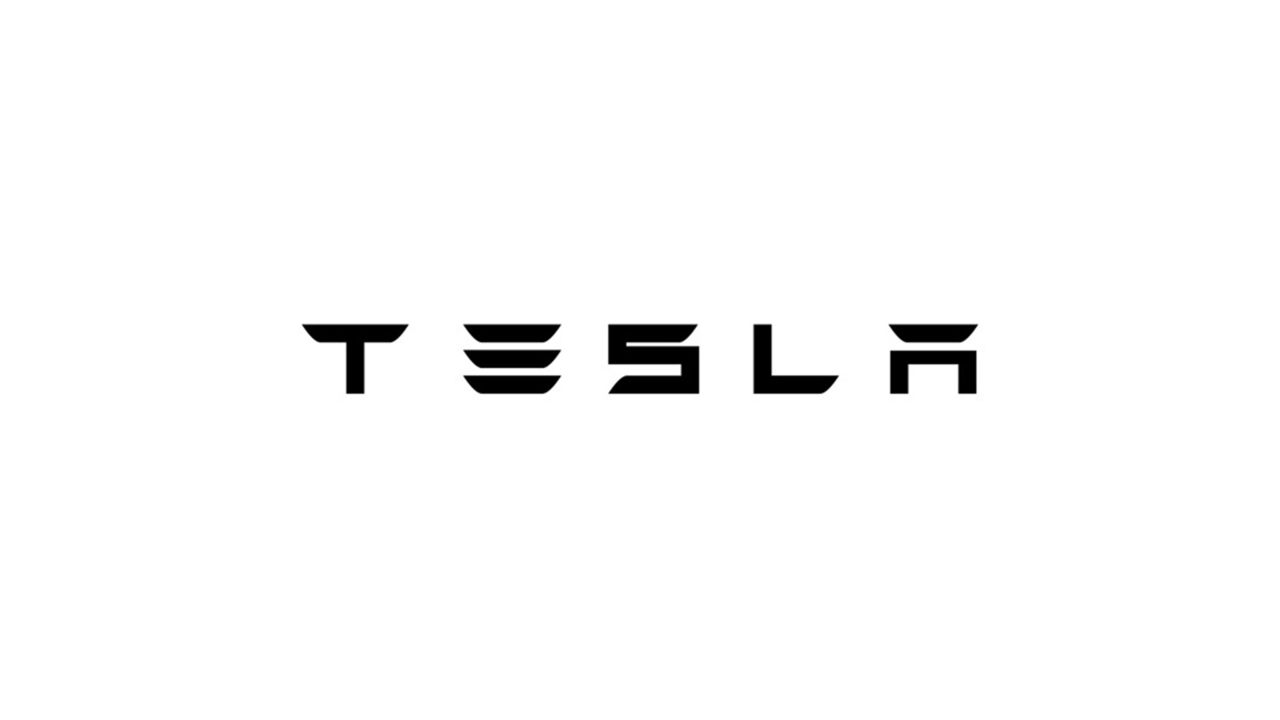
Star rating: 4.1 out of 5
Equipment offered: 1 panel, 1 battery, solar shingles
State availability: 35 states (including Washington, D.C.)
Warranty: 25 years for solar panels, 10 years for workmanship
Why we picked Tesla
Tesla is on the cutting edge of innovation with advanced solar roof designs, such as its solar shingles, not offered by other solar companies. While its equipment is limited to a single brand, the company offers a broad range of payment options to suit different financial situations.
Who should use Tesla
Tesla offers designs you simply won’t find with other solar companies. If you’re not game on the look of conventional solar panels on your roof, you can opt for Tesla’s less conspicuous solar shingles.
Along with being innovative, Tesla also has years of experience behind it. While Tesla has only been in the solar business since 2016, it is one of the most recognizable names in alternative energy. Plus, the company it acquired to enter the solar panel business, SolarCity, had been around since 2006. Though Tesla’s selection of solar panel options may be limited, it gives you many payment options, including solar leases and PPAs.
Pros
- Next-level solar tech
- Two decades of experience
- Numerous payment options
Cons
- Can be pricey
- Shorter warranties
Momentum Solar: Best for payment options

Star rating: 3.8 out of 5
Equipment offered: Solar brands not listed, 3 batteries, microinverter
State availability: 11 states?
Warranty: 25 years for solar panels, 25 years for workmanship
Why we picked Momentum Solar
While Momentum may have limited availability, it leads the industry in payment options. Its cash purchases, solar leases and PPAs give its customers many ways to pay. It’s also been in the business longer than most and excels at the quality of its solar panels.
Who should use Momentum Solar
If you want to add solar to your home but need a creative way to pay for it, Momentum is a great choice. The company offers a variety of payment options, including leasing, PPAs, cash purchases and loans.
There are other qualities to like about Momentum, including its existence since 2009. It also does not use subcontractors for installation, a policy that contributes to this solar installer’s stellar reputation for workmanship.
Pros
- Numerous payment options
- Long history
- In-house labor for installs
Cons
- Limited availability
- Limited range of solar panels
NRG Clean Power: Best for solar panel brands
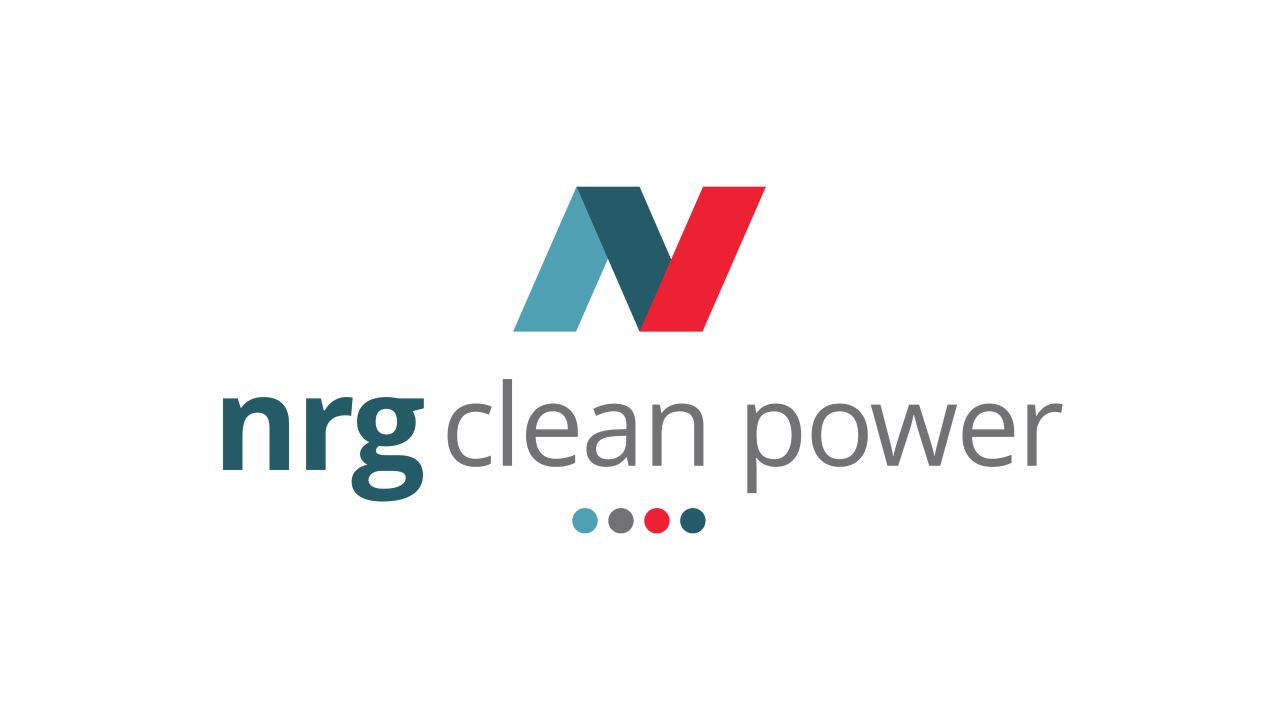
Star rating: 3.8 out of 5
Equipment offered: 6 panels, 3 batteries, microinverters
State availability: 2 states
Warranty: 25 years for solar panels, 40 years for workmanship
Why we picked NRG Clean Power
NRG Clean Power sells various brands of solar panels, batteries, and inverters from well-regarded manufacturers and offers an industry-best warranty on workmanship. Whereas other top solar installers offer a 25-year warranty, NRG Clean Power blows them out of the water with 40 years of coverage.
Who should use NRG Clean Power
Getting the right equipment is one of the most crucial parts of a good solar installation. NRG Clean Power offers six brands of solar panels, including well-regarded manufacturers such as Tesla, Panasonic and SolarEdge, ensuring that it can create the optimal solar array for your home. And since NRG is a certified installer for some of these brands, it can offer long 40-year warranties on workmanship. Unfortunately, you can only use NRG’s services if you live in California or Texas.
Pros
- Long 40-year warranties
- Numerous equipment brands
Cons
- Only serves California and Texas
- Limited payment options
Our picks at a glance
|
Our rating (out of 5)
|
Years of experience
|
Financing options
|
|
|---|---|---|---|
| Sunnova | 4.7 |
11 years |
Cash, PPA, lease, financing |
| Blue Raven | 4.1 |
9 years |
Cash, financing, other |
| Green Home Systems | 4.1 |
6 years |
Cash, financing, other |
| Tesla | 4.1 |
19 years |
Cash, PPA, lease, financing, other |
| Momentum Solar | 3.8 |
14 years |
Cash, PPA, lease, financing, other |
| NRG Clean Power | 3.8 |
11 years |
Cash, financing |
What didn’t make the cut
Our honorable mentions include Lumio, Palmetto Solar, and Solar Energy World.
- Lumio: Lumio offers numerous payment options and services; however, the company has only existed since 2020 and offers very few equipment brands.
- Palmetto Solar: While Palmetto Solar impresses with the number of payment options it offers and the quality of its equipment, it lags behind when it comes to warranties.
- Solar Energy World: Solar Energy World impresses with its breadth of installation and service options, which include roof repair and assistance with permitting and scheduling. However, it has limited coverage, serving just six states.
Why hire a solar installation company?
- Expert installation: A solar installation company uses experienced technicians who can install your solar array correctly, ensuring you’ll get the most out of it.
- Safety: Installing solar panels involves working from heights and with electrical equipment, both of which are inherently dangerous. You eliminate those risks by keeping your feet firmly on the ground and hiring a pro.
- Warranty: Many solar panels offer warranties on their equipment but often stipulate that licensed professionals must install them for the warranty to be valid.
- Tools and equipment: Installing solar panels involves special tools and equipment you don’t have. Hiring a pro eliminates the need to rent, buy, or borrow these tools.
What to consider when choosing a solar company
- Availability: When shopping for a solar installer, take note of the areas they serve. While a few companies have locations throughout the United States, some may only serve a handful of states. With this in mind, start your search for a solar company by checking which ones are near you.
- Equipment: Solar installers vary in the brands of equipment they offer. While some may only offer a single brand, others may offer multiple types of solar panels to choose from. You’ll want to choose a company that offers equipment that’s of good quality and best suits your home’s needs.
- Payment options: Given the high upfront cost of solar installation, most solar companies offer their customers the option to finance their solar panels. Some even offer other payment options, including leasing and PPAs. When selecting a company, look for one that suits your payment needs.
- Reputation and years of experience: Consider how long the company has been in business, as longer-tenured solar installers typically have a strong reputation and are less likely to go out of business and leave you with a worthless workmanship warranty.
- Ratings and reviews: There are a few ways to vet a solar installation company. Check customer reviews on sites like Google to see what their customers think of the service. It’s also good to check the installer’s standing with the BBB.
Types of solar equipment
Solar panels
When choosing solar panels, you have several options, including monocrystalline and polycrystalline. While polycrystalline solar panels are the most affordable, they aren’t as efficient as pricier monocrystalline solar panels. While monocrystalline panels are more expensive, they last up to 40 years or more, while polycrystalline panels have a lifespan of up to 35 years.
Batteries
Solar batteries are optional equipment you can purchase to store energy created by your solar system for use at night or on cloudy days. This piece of equipment is optional if you’re on the electrical grid but necessary if your home is operating independently of the grid.
Charge controller
If you’re using a battery with your solar system, you’ll need a charge controller, especially if your solar system is functioning off the grid. A charge controller regulates the amount of energy sent to your batteries from your solar panels to prevent them from overcharging. You don’t need one in a grid-tied solar system, as excess energy generated by your solar system is sent to the grid.
Hardware and cables
Your solar installer will use mounting brackets bolted to the roof and attached to the panels to attach your solar panels to your roof. The installer will then run cables from the solar panels to the solar system’s electrical box.
Inverters
Your solar array’s inverter converts the direct current (DC) electricity that your solar panels generate from solar energy to alternative current (AC) electricity that your home’s electrical appliances and utilities use.
Solar company warranties
All solar power companies should offer warranties that cover various aspects of your solar system.
Performance warranty
Equipment warranties for the solar panels are typically 25 years, though some monocrystalline panels can have 40-year warranties. This warranty guarantees that the solar panel will work at a certain efficiency level over this period. These warranties don’t guarantee that your solar panels maintain the same efficiency from year one to year 25 but that the solar panel won’t fall below a certain level of degradation by the time it reaches the end of the warranty period. For example, a performance warranty might limit degradation to 85% over 25 years.
Equipment warranty
Performance warranties cover any defects or malfunctions with the solar panels. The best solar installers will cover equipment for 25 years. Keep in mind that other parts of your solar system, such as batteries, will have their own warranty.
Installer workmanship warranty
While the panels themselves are the stars of the show, they aren’t the only pieces in your solar system. Equipment and performance warranties only cover performance and equipment. Workmanship warranties ensure properly assembled and designed systems, including mounting racks and wiring. These warranties can vary from 10 to 25 years.
Solar installers who make their own solar panels or are certified by the equipment brands they carry offer the longest warranties. Sunpower, for example, has a 25-year warranty that covers the entire solar system, not just the panels.
Are solar panels worth it?
Solar panels are certainly no small investment. Their upfront costs range from about $6,000 for a small system up to $38,000 or more for a large solar array, even after taking advantage of the 30% government? tax credit for solar. While adding a solar system to your home is usually a good investment, carefully assessing whether it’s right for your home is crucial.
Determining whether that investment is worth it depends on several factors. Your energy usage and utility rates, positioning and design of your home, condition of your roof, and geographic location all factor into how quickly you can recoup the cost of a solar system and begin saving money on electricity.
Methodology
We weighted solar installers’ star rating based on the following criteria:
















